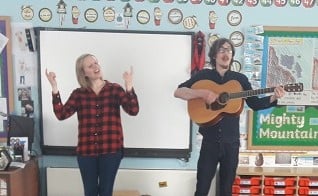
Achieving Explore: boat stories inspiring a new folk song
BY: Guest Writer
22 Jul 2019
A museum of boats may not seem the obvious place for Arts Award but Windermere Jetty, a new museum in the Lake District National Park, used its stories as inspiration for a group of local Primary School pupils to write a new folk song. So, as well as achieving Arts Award Explore, they sang to Prince Charles: you never know where Arts Award may take you!
Windermere Jetty Museum of Boats, Steam and Stories, tells the stories behind the boats in its collection and actively involves visitors in the crafts and tradition that built them. The museum, which is part of Lakeland Arts, is a working museum that reflects industry and engineering of the local area.
In preparation for the museum opening, last year, Learning Officer and Arts Award Adviser, Natasha Scullion worked with three primary schools within walking distance of the museum. Using funding from the museum’s opening budget, she also brought in folk musicians Grace Smith and Sam Partridge to work with pupils from years 3 and 4 and help them write a verse each of a song to celebrate the stories told at the museum. Natasha chose Arts Award Explore as the framework and folk music as the art form for the project due to their flexible and accessible nature - this was important as a number of the pupils spoke English as a second language. She created a log-book that the children completed at school.
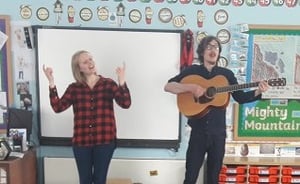 A new cross-curricular experience
A new cross-curricular experience
Grace and Sam brought their fiddle, flute, guitar and clog dancing skills to the schools. Their introductory musical performances were greeted with spontaneous outbursts of applause from the young people, some of whom had not experienced live music before. The pupils had a go at singing and dancing, choosing a story from the museum which was told by Natasha to tell in their verse of the song. The music was based on ‘Windermere Regatta’, a traditional Cumbrian folk tune that Grace and Sam taught using vocalisation, hand gestures and contour lines. This was to show where the song went up and down, so there were no barriers for children who couldn’t read music. This workshop also linked with literacy by looking at the structure of verse, rhyming and keywords by creating word boards to help students write their lyrics.
Inspiration
The musicians brought Alistair, a professional sound engineer, into the schools so pupils could talk to him about his career and he recorded each school’s verse. They also talked to Grace and Sam about how they had started as folk musicians, discovering that they both had started at about the same age as the young people themselves. Some students who were already learning a musical instrument told Natasha that this inspired them to practice more while others took an interest to start learning an instrument!
The children all sang when the museum opened to the public for the first time in March and again at the official opening by Prince Charles in April. He was so impressed that he stopped to thank them all personally before he left!
Returning visitors
Natasha has found that the project has built lasting relationships between the schools and the museum. Students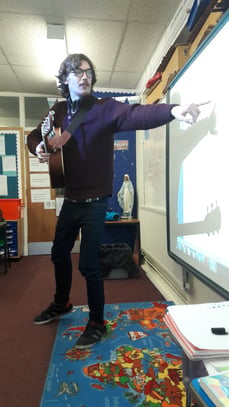 have often returned to the site with their parents and rushed up to tell her new information they’ve found out about local people and their achievements. She puts the success of the project down to a combination of the schools’ commitment to making it work, giving the children an in-depth experience they will remember and to the enthusiasm of Grace and Sam:
have often returned to the site with their parents and rushed up to tell her new information they’ve found out about local people and their achievements. She puts the success of the project down to a combination of the schools’ commitment to making it work, giving the children an in-depth experience they will remember and to the enthusiasm of Grace and Sam:
`They were both fantastic with the children: they welcomed all ideas no matter how off the wall, had brilliant classroom control and kept the children captivated all the way through the project.’ – Natasha Scullion
`I loved it when we got things right because Sam went crazy!’ – Year 3 Pupil
Grace herself has previous experience of Arts Award and you can read about what she’s up to now on Voice. In October Sam becomes Associate Director of the National Youth Folk Music Ensemble, which will be offering Arts Award to their members.
Related posts
BY: Guest Writer
BY: Alan Lynch

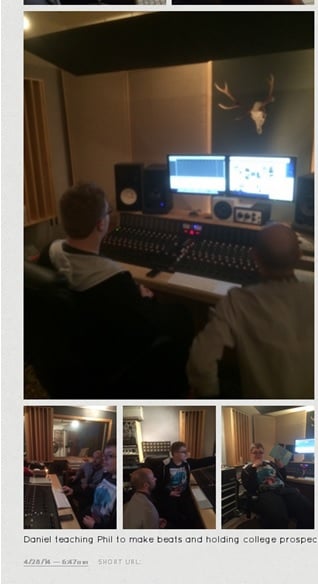

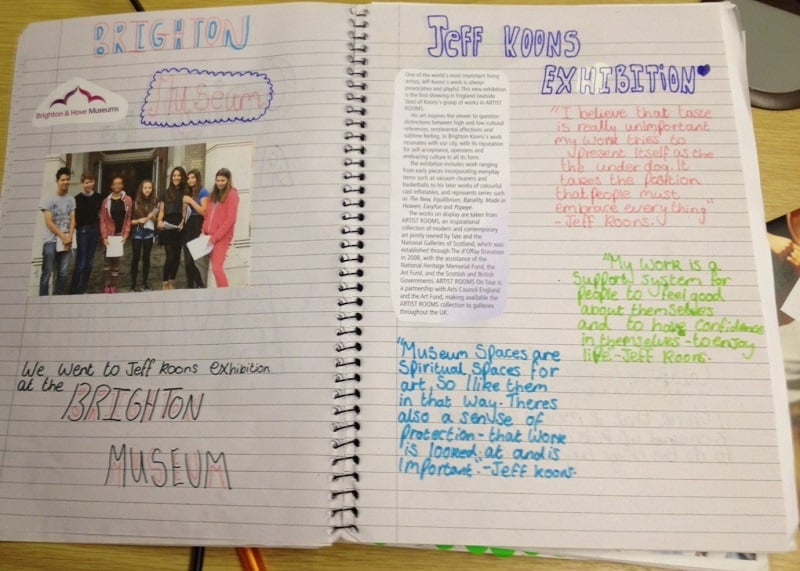
Comments & Replies